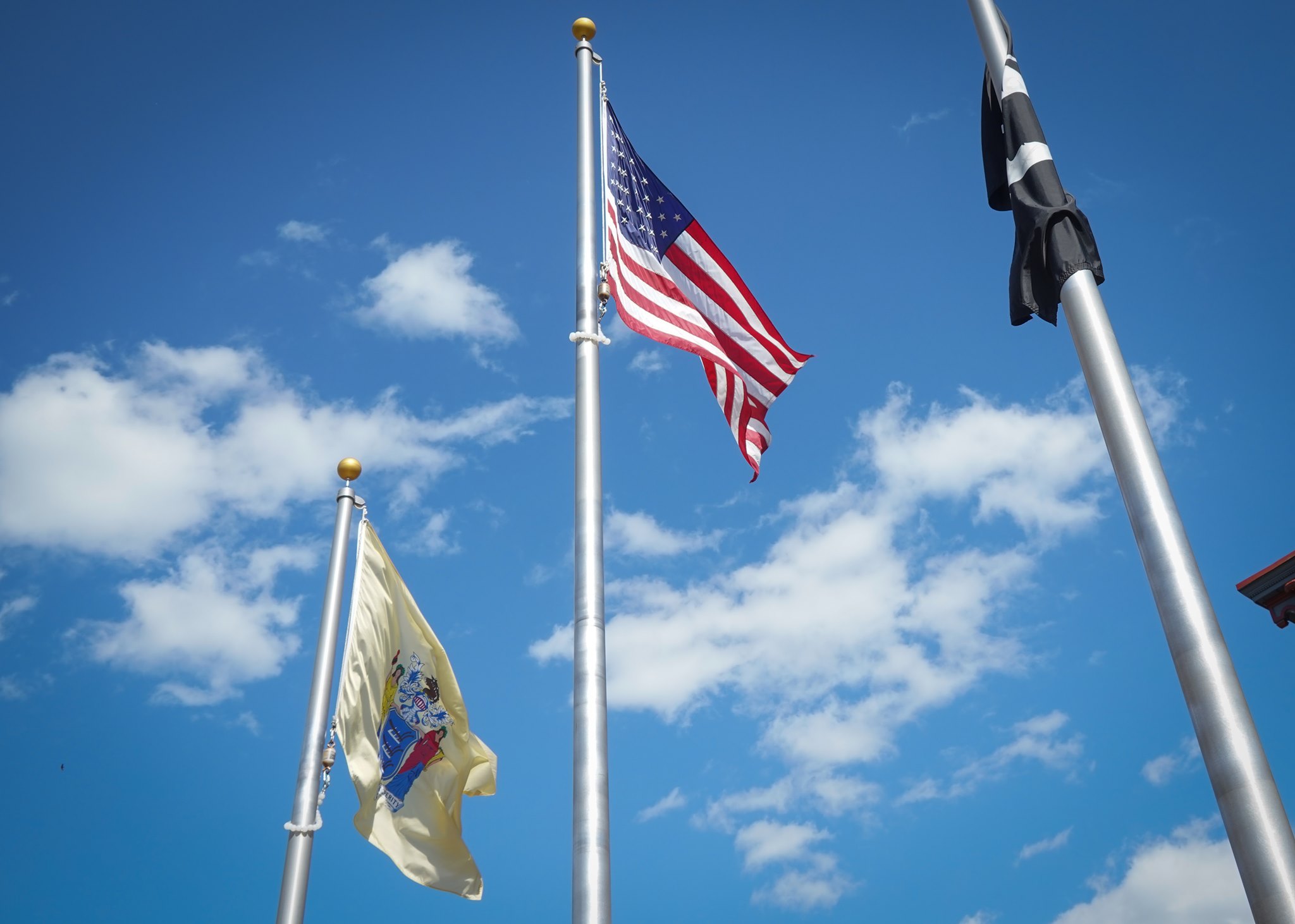
America is a nation of immigrants — and for the most part, at least historically, immigrants have been welcomed with open arms. However, the United States is on the precipice of a large migration wave due to the added hardships, scarcities and lack of opportunities that millions of families worldwide are currently facing amidst the COVID-19 pandemic. And knowing so, the U.S. must assess its border policy to address this migration wave in the most economic and fair manner possible.
Migration in the 19th century was perilous with many perishing on their way to the American shores. There was neither an easy transport medium nor a way of knowing what one was in for apart from the stories that people who visited America took back with them. The U.S. government did not have a safety net for citizens, either in the form of social security or unemployment benefits. The modern public school system, housing subsidies, and high levels of taxation did not exist.
However, times have changed. Traveling from one place to another now takes only hours if not minutes, and is extremely cheap. The creation of the internet has globalized the world and information flows instantaneously across countries. Does employing our modern day immigration system make sense?
Rules for legal immigration are strict, and for the most part try to ensure that the immigrating person and family can fend for themselves and not become a burden on the state. With time, the taxes they pay into the system and the capital they bring into the country — whether in the form of education or developed skills — make them eligible for the state benefits we all enjoy.
Illegal immigration, though, does not run on any such logic. According to a 2020 Pew Research Center survey, 77% of Americans believe that undocumented immigrants fill up jobs that U.S. citizens do not want. I believe that such immigrants should be allowed without hesitation, under a separate immigration category. This separate category is to keep track of and allow for more customized rules.
Just reaching the Mexican or Canadian border and applying for asylum or allowing the border to be porous is not a solution, but instead more of a problem. The people who are fleeing hardship or persecution in their countries are plenty, and we need a better system to address it.
Additionally, technology now enables people to work for American companies and entities from their home countries. If it is only work that immigrants are looking for, then it does not necessarily require them to immigrate. The cost of simply enabling them to work from their home countries may be far lesser, and the American government must assess if it can defray it.
It is not out of a lack of empathy, but out of equality, that I believe we need to assess border policy. Latin American nationals are not the only ones suffering from persecution, bad governments or natural disasters. There are other nations in the Middle East, Africa and Asia that are going through extremely tough times as well, and knowing so, the U.S. cannot give immigration status to a person just because he or she reaches the border or gets through it.
We must not only assess our border policy based on historical immigration, but because we are on the verge of a large migration wave. Last summer, I had the privilege of helping organize the Meal for a Dime campaign for migrant workers in Siliguri, a small town in West Bengal, India. I worked with a non-profit organization to deliver meals to these laborers, and I met a lot of wonderful people as part of the effort.
The characteristic that struck me the most was the vigor of the volunteers and the shine of hope in the eyes of the laborers. I spoke with Mr. Mishra, whose family had been forced to flee from Kolkata when COVID struck. He and his family walked over 500 kilometers to get to Siliguri. He was very hopeful and did not once blame the government for his perilous state. Fortunately, soon after, he was able to find work with a local construction company.
These last few weeks, I have been working with my uncle at a healthcare company to help raise awareness for the need to get vaccinated. The flow of vaccines from the Indian government has slowed to a trickle, and there are more people that want to be vaccinated than there are supplies for. The system has crashed, and countless Indians who want to get vaccinated are unable to do so.
The morale, especially among the middle class and the poor, is completely broken — there is a sense of frustration which has never been seen before.
I caught up with Mr. Mishra again. Though he has been able to keep his family safe, he no longer has the excitement in his voice. It is almost like he is waiting for the next disaster to strike him. His children have not been able to attend the local school. He was laid off from his construction job.
The hope is gone.
In addition, the New York Times recently published an article detailing the “migrants from India, Brazil and beyond” coming to the U.S. Two Indian families made their journey from India and “made their way across the border, the men with their arms raised, their wives and children following behind.” And undoubtedly, there will be many more who will take the long-winded journey to the American border from all around the world.
The next immigration wave is coming, and it is imperative to be ready for it. We must formulate an immigration policy based on prudence and compassion rather than righteous emotions.
Jai Kasera of Plainsboro is a rising junior at Princeton Day School.



